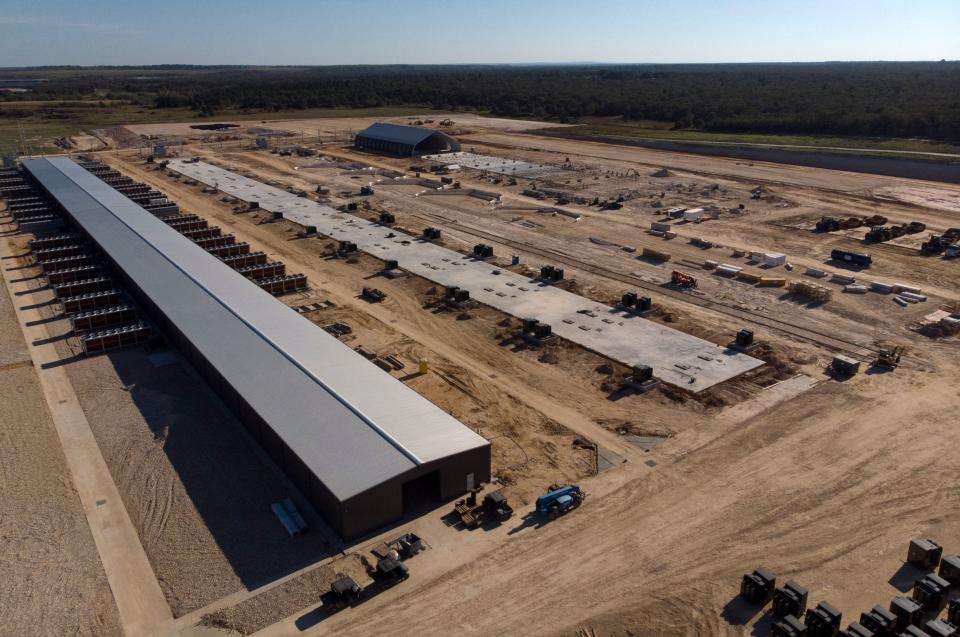A lawsuit filed against a bitcoin mine in Texas has shed light on a growing trend: US crypto mines backed by millions of dollars from Chinese investors

Texas and other US states have welcomed cryptocurrency miners.
In 2021, China banned crypto miners, and some seem to have moved to the US.
A New York Times report shows the difficulties of tracking international investment in the industry.
After China banned all crypto transactions and mining in September 2021, bitcoin-mining companies increasingly turned to places like rural parts of Nebraska, Wyoming, and especially Texas.
Recent reporting by The New York Times suggests these crypto mines are leading to some worrying socioeconomic implications.
A bitcoin mine in the 281-person town of Channing, Texas, is facing a lawsuit over accusations it did not pay workers in full. BitRush, also known as BytesRush, is owned by Jerry Yu, a 23-year-old New York University student who's a Chinese citizen and a US resident.
Crypton Mining Solutions, another Texas-based crypto-mining company, is also suing BitRush, claiming the company failed to pay for services rendered.
The lawsuits have unearthed documents showing that Chinese investors have flocked to the US, spending hundreds of millions of dollars to build and run crypto mines, the Times reported.
Thanks to its cheap energy and crypto-friendly legislation, Texas has become a hub for cryptocurrency-mining facilities: large warehouses full of computers "mining" digital currency like bitcoin around the clock.
Chinese investors who set up operations in the US can use these mines to generate crypto and then exchange it for dollars online.
The mines and equipment are often purchased using cryptocurrency, making the origins of these funds impossible to trace, according to the Times. That lack of visibility allows investors to bypass oversight by US regulators and restrictions on money leaving China.
In the lawsuit, Crypton Mining Solutions accused BitRush investors of being "not only Chinese citizens, but citizens in highly political and influential business positions," the Times reported.
Yu's lawyer, Gavin Clarkson, told the Times via email that the claims against Yu were "baseless."
However, further investigation by the newspaper showed that individuals who signed the mortgage on Yu's Manhattan apartment matched the names of a married couple who own shares in Chinese companies worth more than $100 million.
Documents procured by the Times suggest that the pair, Yu Hao and Sun Xiaoying, potentially Yu's parents, could also be investors in and directors at BitRush.
Yu's lawyer would not confirm to the Times Yu's relationship with the individuals or the identities of shareholders.
This is not the first time a crypto-mining company has come under scrutiny for its connection to China and potential security risks.
Pentagon officials began monitoring a bitcoin operation in Wyoming in October. The mine's owners' ties to China pose a national security threat, The New York Times reported.
The mine is located across from a Microsoft data center and a nearby military base.
In September 2022, the White House released a statement saying the US now had the largest bitcoin-mining industry in the world and was responsible for 38% of global bitcoin activity, a 34.5% increase from 2020.
Read the original article on Business Insider
